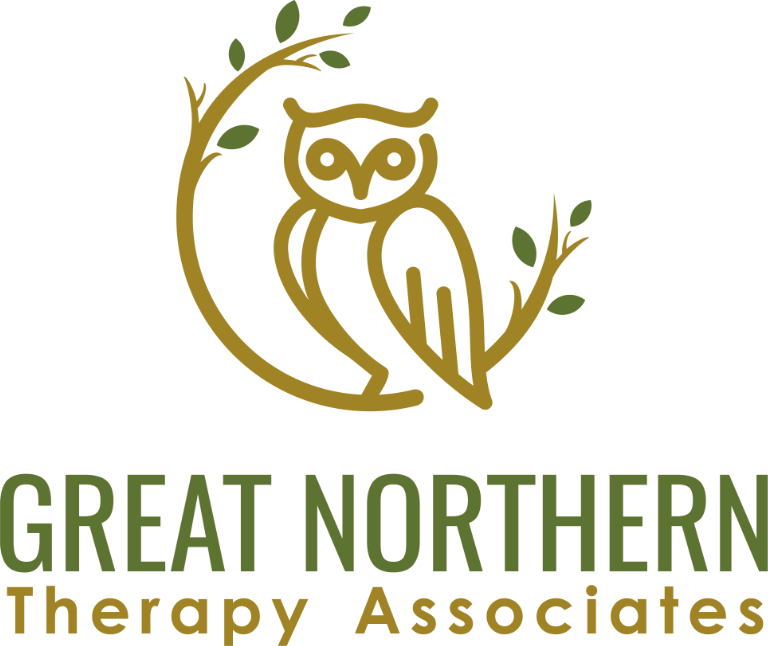The COVID-19 pandemic has had a significant negative impact on public mental health. Many Americans have become unemployed and are particularly vulnerable to increased stress, which exacerbates the symptoms of anxiety and depression.
Many employers have prioritized mental health support during this crisis, but a barrier for many companies has been the disconnected nature of remote working. In short, there’s a great need for increased mental health support in the American workforce.
The Sharp Rise of Negative Mental Health Symptoms
A study* of over 100,000 people surveyed before and during the pandemic revealed that participants whom reported experiencing:
- Stress increased by 30%
- Anxiety increased by 32%
- Depression by 34%
Thus, it is essential that we, as a society, remain vigilant, become educated, and develop interventions that can help alleviate anxiety.
Understanding Anxiety
Anxiety is a human feature, not a flaw. It’s a generally useful emotion that helps us to identify threats and keeps us on alert to being deceived. While being anxiety-prone might seem like a fault, it’s actually helpful at times to be cautious and think about what could go wrong.
However, often people get into patterns of coping with anxiety that affect them negatively. They may overthink (ruminating about the past or worrying about the future) and the worry can affect their quality of lives. Other times, people may avoid whatever triggers their anxiety, and use compensatory strategies—like being extremely perfectionist to avoid feeling like an imposter at work—that decrease their anxiety temporarily but increase it over the long-term. These coping strategies can also push people away—people like you
How to Help an Anxious Person
Before you can help someone who is experiencing anxiety, make sure to have their permission first. There are many great counselors and therapists, like the ones in our organization, who can help address and reduce anxiety. There are also medications that can be prescribed as a temporary measure to lessen the acute symptoms of overwhelming anxiety.
Find ways to make use of any insight they have into their anxiety.
If the person has insight into their anxiety, it can help understand how their anxiety-driven patterns are occurring. Keep in mind that people who have insight into their anxiety often still feel compelled to “give in” to their anxious thoughts. If the person lacks insight into their anxiety or has trouble managing compulsions, it’s probably best to encourage them to see a clinical psychologist who specializes in the treatment of anxiety.
Understand differences in how anxiety manifests.
When you understand that anxiety is designed to put us into a mode of threat sensitivity, it’s easier to understand someone who is feeling scared (or stressed) and acting out by being irritable or defensive, and to find compassion for them. By paying attention to how anxiety manifests in the person you care about, you can learn their patterns and be in a better position to help.
Match your support to their preferences and attachment style.
People who have an avoidant attachment style (typically those who’ve experienced rejection in the past) are likely to respond best to strong displays of concrete practical support. That could include helping the anxious person break tasks down into manageable steps, or talking through specific options for how to deal with a difficult situation, like how to respond to an angry email, but still acknowledging their autonomy and independence while doing so.
Other people are more likely to prefer emotional support, especially those who are securely attached, or who have a “preoccupied” attachment style due to a fear of being abandoned or of their emotions being overwhelming to others. Folks like this respond well to statements emphasizing that they’re part of a tight team—for example, their supporter saying, “This is tough but we’ll get through it together.”
Taking the Time to Find Out
One common thread throughout all of these suggestions the need for communication. There is no substitute for taking the time to ‘check in’ with someone, and listen with a supportive ear. You don’t necessarily have to offer suggestions or help unless they welcome it, and definitely try not to make them feel like they are being judged. Through communication, you can understand the issues and challenges they are facing and plan solutions and assistance for them to improve their wellness. People also respond positively to ‘being heard’ and there is a sense of relief that comes in sharing personal struggles with anxiety.
Great Northern Helps Injured Workers Recover
Great Northern Therapy Associates addresses anxiety as part of the mental health services we provide to injured workers. We have therapists throughout many states who can meet in person and via remote telehealth sessions to work with injured workers and develop an individualized plan to help them adjust and successfully return to work.
We have partnered with and provided mental health support to workers at some of the largest companies in the world. But, at our core, we are still “people taking care of people,” one person at a time. Contact us today by filling out a form (below), submitting a referral, or calling us at the number below.
*source: BioMedCentral

